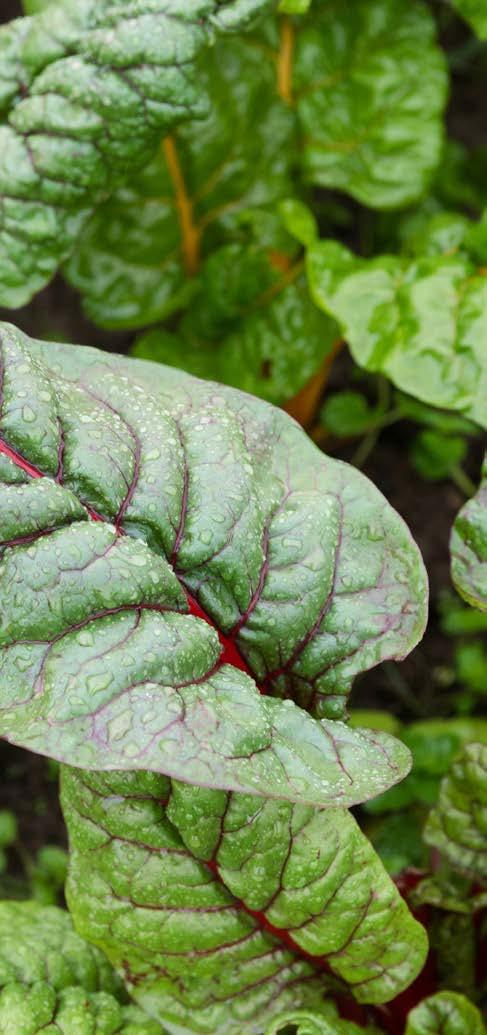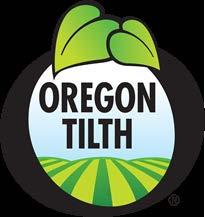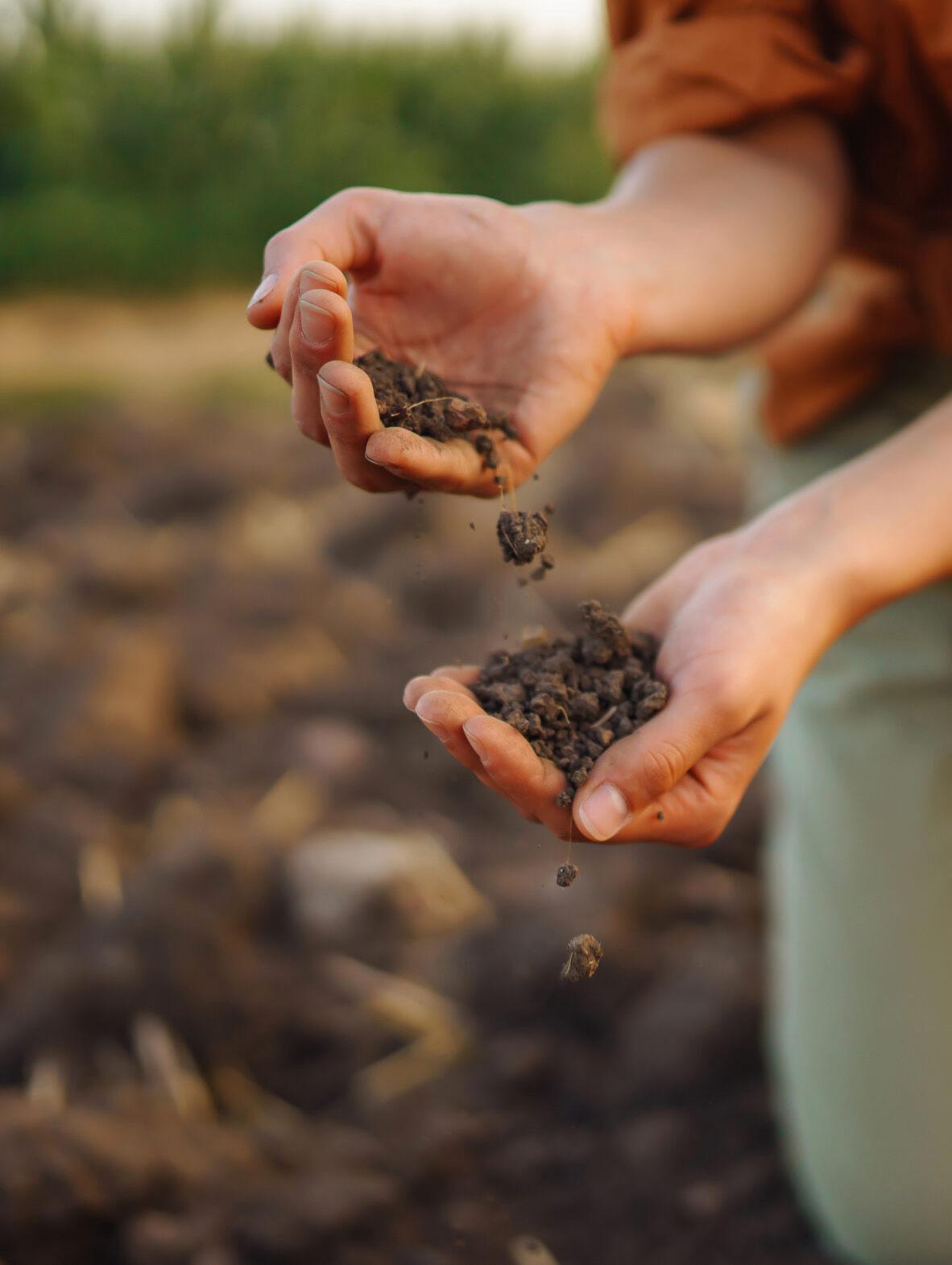
2 minute read
CHAMPIONS of CHANGE
OGC’s Influence is Growing the Organic Movement
Our work and investments in advocacy will have far-reaching impacts on organic farming and business in Oregon and Washington, thanks to the passage of two important bills that OGC played a key role in promoting during the 2023 legislative session.
In Oregon, the biggest win was passing House Bill 5025A, which included the allocation of $2 million every two years to the Oregon State University Extension Service to support working with farmers to expand organic agriculture. It’s the largest investment the state has ever made in organic, and more than doubles the capacity of the Organic Extension Program, helping all farmers interested in organic and low-input practices.
The funding will pave the way for 4.5 new full-time positions at OSU dedicated to organic agriculture - and the Oregon Organic Coalition (OOC) will play a part in deciding the main areas these new positions should focus on, based on the priorities of the industry.
“In 2022, we boosted the OOC’s ability to educate state representatives about the benefits of organic on the economy, communities and the environment with a grant dedicated to outreach,” explained OGC’s Manager of Policy and Advocacy Mike Dill. “OGC’s investment and their work contributed to this significant win in this legislative session and a return we’ll see for years to come.”
In Washington, the Coalition for Organic and Regenerative Agriculture (CORA) is celebrating a great achievement in its first year, securing $200,000 in state funding for an organic evaluation. This evaluation will be the first step toward developing an in-depth Organic Action Plan for Washington State and will evaluate all the ways organic and climate-smart agriculture helps meet Washington’s climate goals, identify opportunities for further advancement, and outline additional investments needed to harness this potential.
Providing this state funding highlights the Washington Legislature’s commitment to promoting and supporting the growth of organic farming.
CORA also received an OGC Mission Fund grant in 2022, which helped accelerate the exciting work of this year-old organization.
“The victories in Oregon and Washington are signs of OGC’s influence in the organic movement,” said Dill. “These legislative wins mark a significant step forward for organic agriculture in the Pacific Northwest.”
OGC’s Mike Dill Named Vice Chair of Organic Trade Association’s Produce Council
We’re proud to share that Mike Dill, OGC’s manager of policy and advocacy, was named Vice Chair of OTA’s Produce Council. Founded in 2020, the council represents a diverse community from across the entire value chain and is focused on important issues related to organic fresh market fruits and vegetables.

OTA created the council to unite our industry and provide a way for organic produce stakeholders to collaborate on common challenges and advocate for the organic produce sector’s growth and sustainability.

Mike will join John McKeon from Taylor Farms and Emily Musgrave from Driscoll’s in this leadership role.
Hats off to Mike and the entire council for their work to support and promote a thriving and resilient organic produce sector.
Doing what’s right
The new Strenghtening Organic Enforcement rule requires all distributors and handlers of organic food to become certified organic. At OGC, we’ve always wanted our customers to have confidence in our organic produce and practices as a handler, so 25 years ago, we proactively took the step to certify our Portland and Eugene facilities. Having a third-party validate that our practices are following an organic systems plan has always been important to us. OGC has been proactively working to prevent organic fraud for years, something that will be a requirement for everyone when the SOE goes into effect in March 2024.












